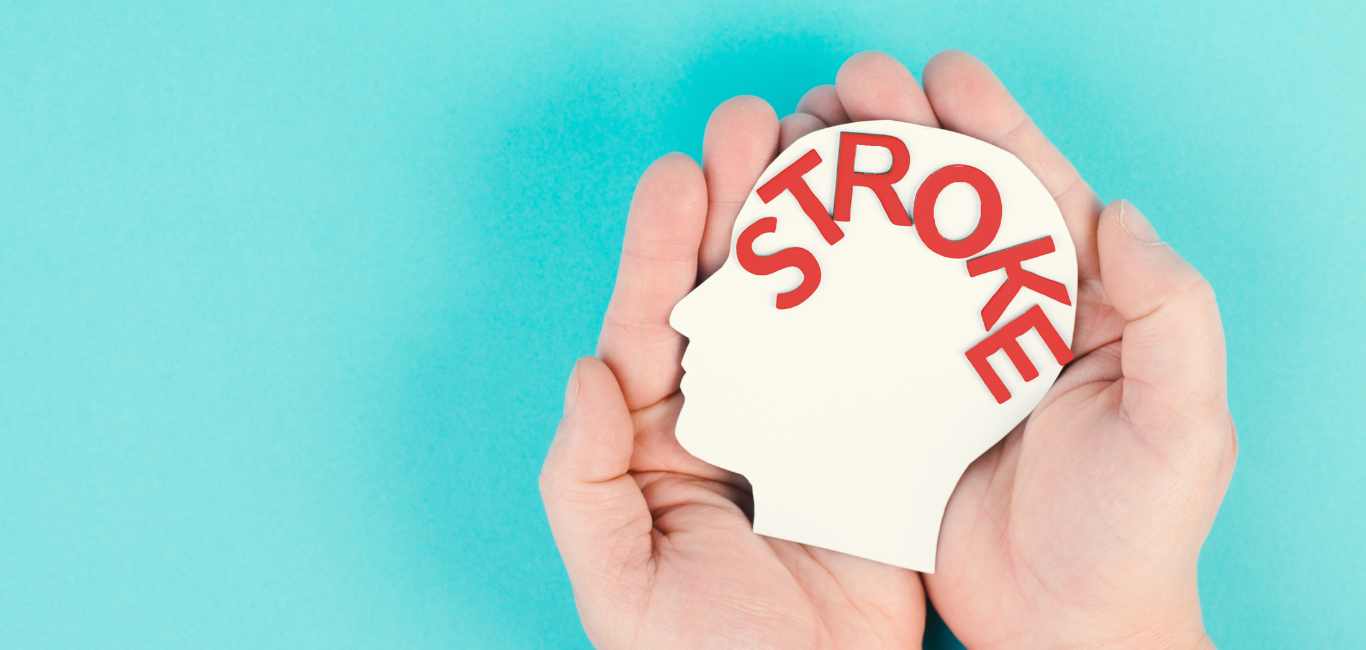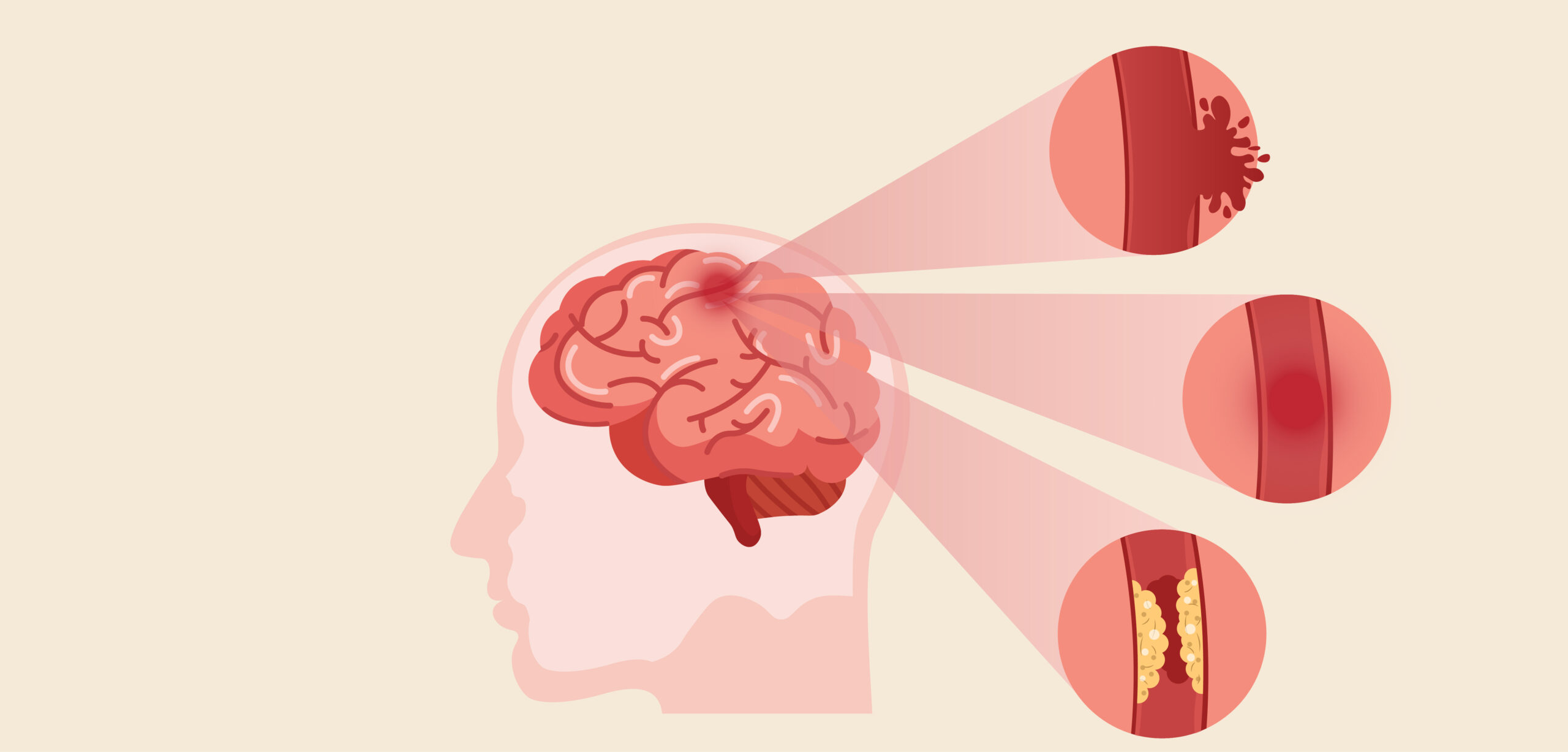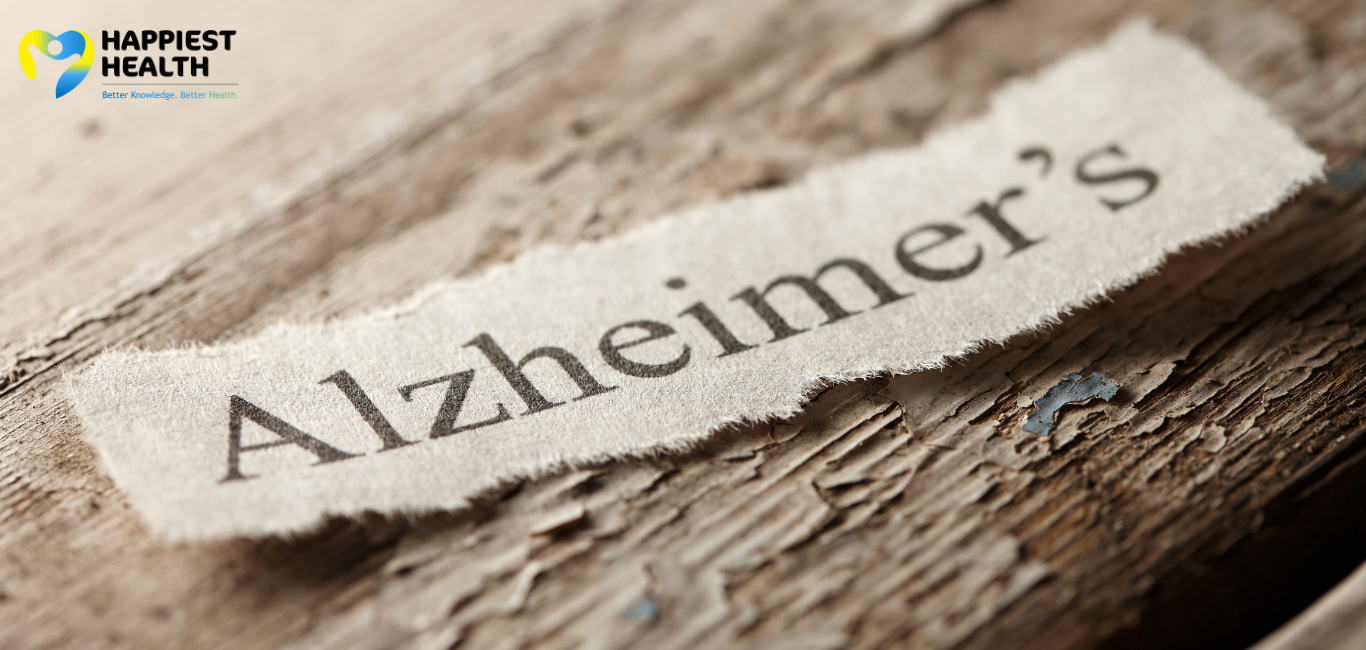
Amidst the hectic pace of life, we often neglect our health, overlooking the subtle cues our bodies give us to take a break. Ashok Shanbhouge from Udupi considers himself fortunate for recognising these signals early on. Three months ago, the 53-year-old retailer was diagnosed with a stroke.
One afternoon, waking up from a nap, Shanbhogue felt uneasy and uncomfortable. “I felt numbness on one side of my body, dizzy and had difficulty maintaining my balance as I moved from my bed,” he recalls. These sensations made him suspect that something severe might be at play. Without delay, he sought medical help. His scan reports revealed a small clot in his brain that had caused a mild stroke.
Dr N K Venkatramana, founder, chairman and director, Brain Super Speciality Hospital, Bengaluru, says that a stroke, no matter how mild, results in some form of disability. “These disabilities can range from mild physical weakness to alterations in speech, cognition, and understanding and can be as severe as one-sided paralysis,” he adds.
Shabhogue says he frequently feels tired and struggles to perform his daily tasks as effectively as before his stroke.
Shielding against stroke
According to Dr Venkataramana, up to 80 per cent of stroke occurrences can be avoided. Mainly by adopting a healthy lifestyle and managing the risk factors this can be achieved.
The extent of damage depends on which part of the brain is affected and to what degree. This highlights the importance of taking measures to prevent stroke.
Researchers have found many ways to reduce the risk of stroke, however, including all these steps simultaneously can be overwhelming. “Therefore, we should start small,” says Dr Bhaskar M V, lead of the radiology department and interventional radiologist, SPARSH Hospital, Bengaluru.
This world stroke day experts outline some preventive measures for stroke.
Keep the pressure under check
“High blood pressure is a silent but deadly contributor to stroke,” says Dr Bhaskar. He explains that many other hidden factors silently increase this risk. Often, the person is unaware until affected, as happened to Shanbhouge.
Collecting goods early in the morning from a nearby wholesale store and constantly shuttling between his retail shop and home often left Shanbhouge stressed. “My blood pressure had skyrocketed, but I did not experience any sign or symptom related to high blood pressure before this incident,” he says.
Dr Bhaskar advises managing high blood pressure by monitoring it and taking the prescribed medications regularly. This not only prevents the risk of stroke but also lowers the chances of a stroke recurring in people like Shanbhouge with a previous episode, he adds.
Smoke-free route to stroke prevention
“People know very well about the impact of smoking on the lungs, but there is limited awareness about how smoking harms the brain and blood vessels,” says Dr Bhaskar.
Research has found that for each set of five cigarettes smoked daily, the risk of getting a stroke increases by 12 per cent.
Step-by-step to a stroke-free life
Studies have found that regular physical activity can reduce the risk of stroke. “Physical activity lowers cholesterol levels, maintains healthy body weight and reduces blood pressure – all contributing factors in minimising the risk of stroke,” says Dr Venkatramana.
Dr Bhaskar emphasises that even brief 10-minute intervals of walking after every hour can minimise the risk compared to being seated for a long time.
Shanbhogue follows this mantra to the T. Exercise is a priority for him today to reduce the recurrence of stroke. “[For me], walking stands out as the simplest and most efficient form of exercise. I do not need to engage in complex routines; I have to get up and start walking,” he says.
Smart eating for brain health
As people age, they tend to gain weight naturally. One must be mindful of one’s food choices to prevent excessive weight gain. Dr Venkatramana emphasises healthier food choices to manage weight.
Dr Bhaskar concurs that it is good to have nutritious food that helps with weight loss and reduces the risk of stroke. He gives examples of various diets, such as dietary approaches to stop hypertension (DASH) or Mediterranean diets proven to reduce stroke risk. These include plenty of fruits, vegetables, low-fat dairy, whole grains, fish and nuts while cutting back on food high in saturated fats, cholesterol and trans fats.
Quick action
According to experts, strokes are not limited to older individuals; they can also affect young people. “Approximately 10 -15 per cent of all strokes occur in adults under the age of 50,” says Dr Venkatramana.
Recent studies have revealed that the same risk factors that contribute to strokes in older adults, such as high blood pressure, high cholesterol, obesity, and diabetes, also play a role in strokes among younger adults. Dr Venkatramana recommends keeping a tab on blood pressure, cholesterol, lipids, and blood sugar levels regularly.
Stay vigilant
Recognising the signs early helped Shanbhogue prevent significant damage that might have occurred with the severe stroke.
According to Dr Bhaskar, the initial mild stroke attack, often referred to as a transient ischemic stroke or warning stroke, serves as a warning sign. It hints at the possibility of a major stroke developing within a few hours or days. “Major stroke may not be mild and can result in irreversible damage,” he says.
Dr Venkatarmana says the current advancements in technology and treatment options provide multiple avenues for early detection and the prevention of strokes. Routine check-ups and adhering to prescribed medications can help reduce the risk of stroke. “But in any stroke case, golden hour is what makes a difference,” he adds.
The golden hour to recovery
The first hour following a stroke is called the ‘golden hour’ because it determines the chance of survival and minimises the amount of brain damage.
According to the American Heart Association, if the stroke is left untreated, for every minute, a person loses 1.9 million neurons, 13.8 billion synapses, and seven miles of axonal fibres. As each hour passes without treatment, the brain suffers neuronal losses equivalent to approximately 3.6 years of normal ageing.
So, every minute counts when a stroke is detected. The action plan in such a situation is to strike back at strokes with the FAST method to save the brain from adverse damage.

















